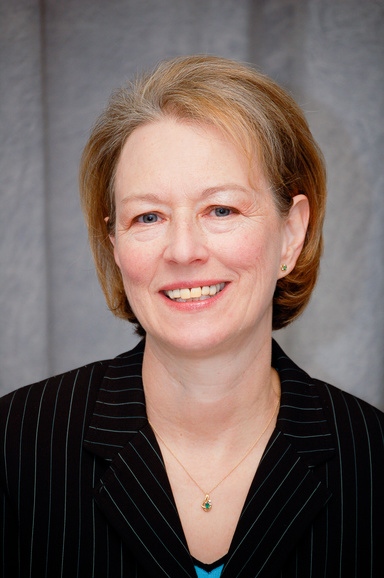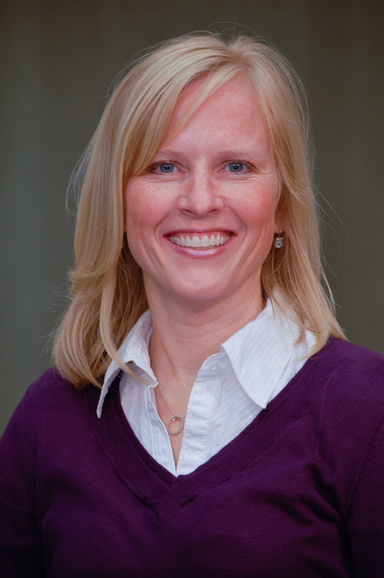A $150,000 grant secured by the University of Iowa College of Education’s Connie Belin & Jacqueline N. Blank International Center for Gifted Education and Talent Development will help provide services to “twice exceptional” students—or gifted students with learning, behavioral, emotional, and/or social impairments—their families, and educators.

“Twice-exceptional students are at significant risk in America’s schools because their disabilities frequently mask their academic potential and, conversely, their academic performance often masks their problems,” says Susan Assouline, a professor in the School Psychology Program and associate director of the Belin-Blank Center.
The Belin-Blank Center’s newly formed National Institute for Twice-Exceptionality (NITE) is a national resource for twice-exceptional students in K-12 and provides training for parents, educators, counselors, and psychologists.
The $150,000 grant comes from the Jack Kent Cooke Foundation, a private organization established in 2000 to “help exceptionally promising students reach their full potential through education.” The money will be used to increase training opportunities and support to educators and others through NITE and will provide scholarships for 30 twice-exceptional students to participate in summer and Saturday enrichment programs at the Belin-Blank Center.
Researchers on the project include Assouline; Nick Colangelo, Belin-Blank Center director and the Blank Professor of Gifted Education; Megan Foley Nicpon, an assistant professor in the Counseling Psychology Program and a licensed psychologist at the Belin-Blank Center; and Alissa Doobay, a postdoctoral scholar at the Belin-Blank Center.
The Twice-Exceptional Dilemma, a National Education Association publication released in 2006, estimates that more than 360,000 twice-exceptional students attend U.S. schools, and current indicators reveal a steady increase. Still, most schools aren’t prepared to best serve this group.

“Twice-exceptional students are among the most misjudged, misunderstood, and neglected segment of the student population and community, possibly due to limited awareness of twice exceptionality and modest quantities of researched-based information about diagnosis and intervention,” Foley Nicpon says. “Teachers, counselors, psychologists, and parents alike are unsure of how to best meet the needs of twice-exceptional students. Our goal is to change how twice-exceptional children are served.”
For more information, call Assouline at 319-335-6130 or Foley Nicpon at 319-335-5575.